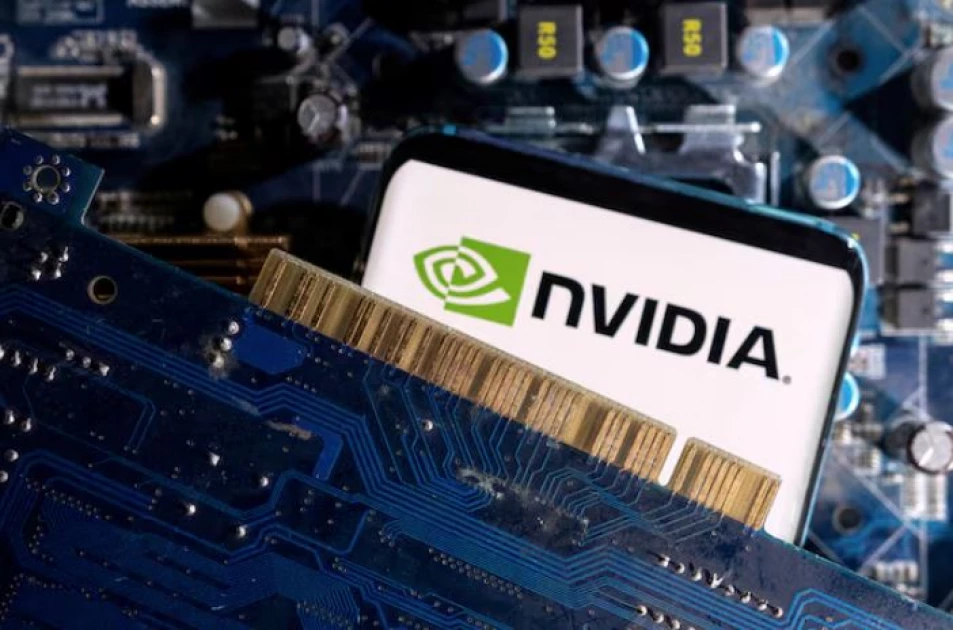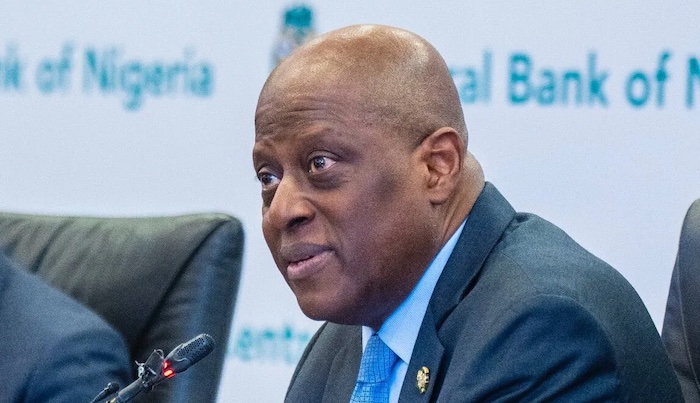
Nvidia chief executive Jensen Huang has voiced disappointment following reports that Beijing has barred major Chinese tech firms from purchasing the U.S. company’s cutting-edge chips, a key driver of the global race in generative AI.
Speaking at a press briefing in London on Wednesday, Huang responded to a Financial Times report claiming China’s internet regulator had ordered companies such as Alibaba and ByteDance to halt orders for Nvidia’s RTX Pro 6000D processors — high-performance chips designed specifically for the Chinese market.
“We can only be in service of a market if a country wants us to be,” Huang said. “I’m disappointed with what I see, but they have larger agendas to work out between China and the United States. I’m patient about it, and we’ll continue to be supportive of the Chinese government and Chinese companies as they wish.”
Geopolitics at the Core
Nvidia, now the world’s most valuable company by market capitalization, has been thrust into the center of U.S.–China tensions.
Washington has restricted the export of Nvidia’s most advanced chips to China, citing national security concerns, and recently confirmed the firm would be required to pay 15 percent of revenue from certain AI chip sales in the country to the U.S. government.
Beijing, in turn, has expressed its own security concerns over Nvidia’s technology and has urged local firms to pivot to domestic semiconductor suppliers, with Huawei emerging as a key beneficiary.
Regulatory Pressure in China
According to the FT, China’s Cyberspace Administration directed companies to cancel both testing and purchase plans for Nvidia’s restricted chips.
The reported ban comes just days after Chinese regulators ruled that Nvidia had violated the country’s antitrust laws.
Analysts say the move underscores Beijing’s push to reduce reliance on foreign suppliers and accelerate the development of homegrown chip technology to safeguard its technological independence.



